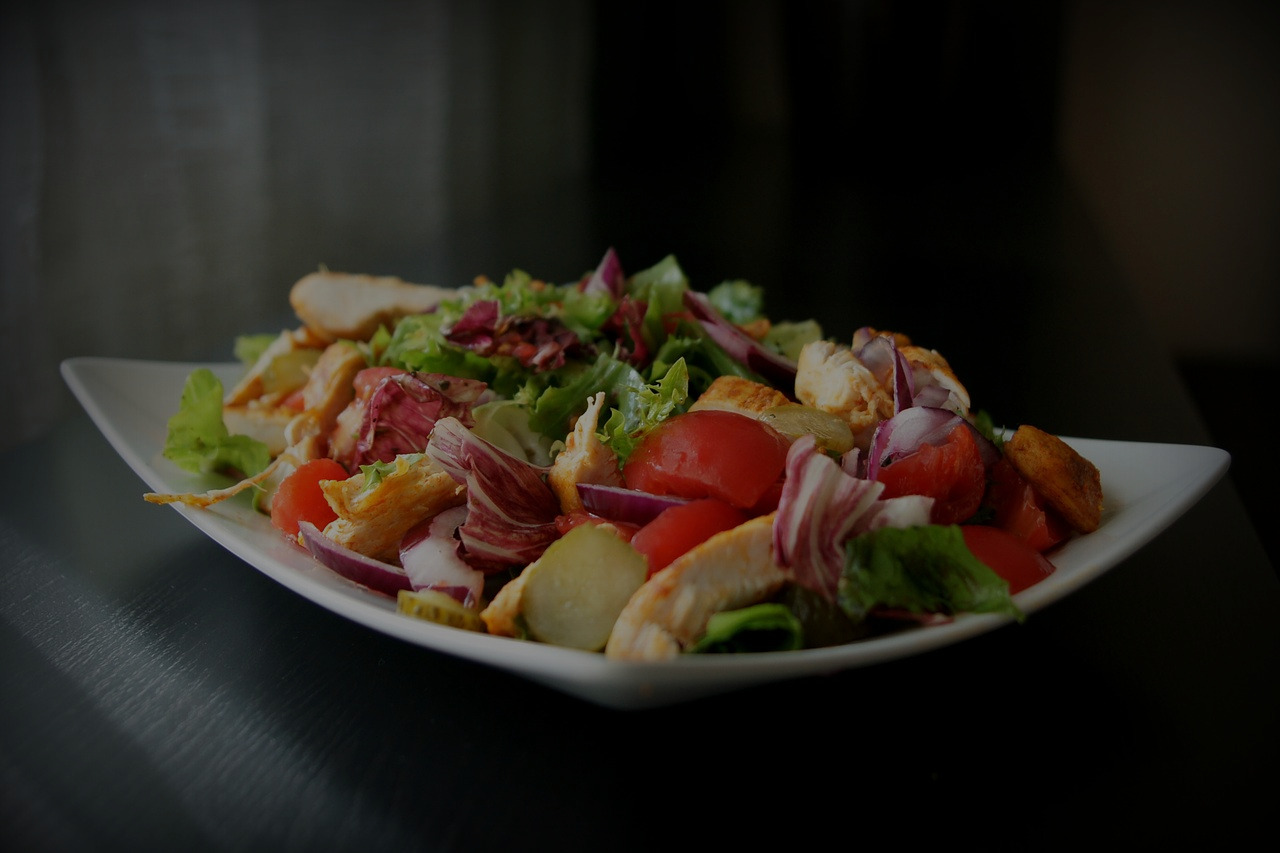Asian food offers a vast spectrum of healthful eating options, a tapestry of different tastes and ingredients. It’s about dietary balance and wellness, not only taste. Though the phrase “Asian” implies significant geographical differences, numerous dietary recommendations support general health around the continent. Emphasizing complete, unprocessed foods and using traditional cooking techniques will help people build a foundation for great health.
A Handbook for a Healthy Diet
The Value of Natural Ingredients for Nutrient Richness
Many Asian diets center whole foods, which provide vital nutrients without much cooking required. Whole-grain noodles, rown rice, and other fundamentals with equalized fiber and carbohydrates help digestive health and consistent energy. Vegetables and brilliant fruits ensure a great range of antioxidants, minerals, and vitamins, so enhancing the body’s defenses and promoting general well-being.
Conscious Consumption and Portion Control
Asian well-being primarily depends on the habit of conscious eating and controlling intake. Small amounts and a variety of foods offer balanced meals, thereby allowing various nutrient absorption without too much consumption. Eating carefully and appreciating every bite not only benefits digestion but also helps satiety, so reducing the risk of overindulgence and deepening the bond with food.
Final reflection
Changing to a healthy Asian diet is more about adopting conscientious eating and time-honored habits than about strict rules. It’s about a way of life that supports body and spirit rather than merely about food. Stress natural foods, lean proteins, and fermented delights to keep your body long-term healthy. Celebrating Asia’s rich gastronomic past, this is a journey of flavor and wellness.

